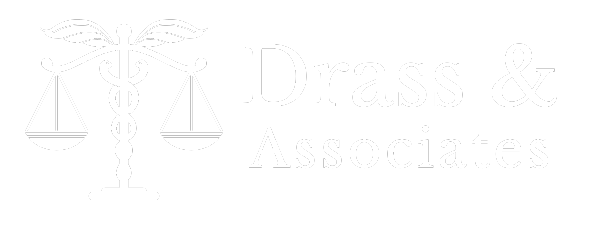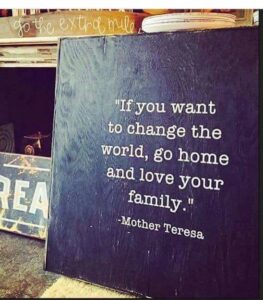
Holiday Gift from Kyla 2024. (The first card I pulled from #KylaJSchwarpurr’s 2024 holiday gift 🎁 inspired this post.)
👨👩👦 Creating a family of choice is about recognizing that the most vital connections in our lives are often the ones we choose – our closest friends, our mentors, our partners, peers with similar lived experiences, even our beloved pets. 🐾 These are the people who form our support system, our chosen family, and they play a crucial role in our overall well-being, especially during times of challenge and recovery. 🏗️
Why is “Family of Choice” Important in Recovery?
- 🦺 A Safe Haven: When facing mental health or substance use challenges, we often feel isolated and judged. Our chosen family provides a safe space for us to be ourselves, to share our struggles without fear, and to receive genuine support and encouragement. This sense of belonging is incredibly powerful and can significantly boost our self-esteem and motivation. 💗
- 🚦A Guiding Light: Navigating recovery can be tough. Our chosen family can help us stay on track by offering encouragement, providing practical support (like rides to appointments), and helping us navigate the challenges we face along the way. 👩🏽🏫
- 🛡️A Shield Against Relapse: Studies show that strong social support is a powerful weapon against relapse. Our chosen family can help us identify potential triggers, provide accountability, and offer a shoulder to lean on during difficult times. 👀
- 🧗 A Foundation for a Fulfilling Life: Recovery is about more than just overcoming challenges; it’s about building a meaningful and fulfilling life. Our chosen family can help us develop essential social skills, engage in activities we enjoy, and create a rich and rewarding life outside of treatment.
-

Our chosen family provides a safe space for us to be ourselves, to share our struggles without fear, and to receive genuine support and encouragement.
The “Family of Choice” Approach in Recovery-Oriented Care
🏛️ The concept of “family of choice” is central to modern recovery-oriented care. Several healthcare regulatory standards and ethical guidelines encourage or require the evaluation of a behavioral health patient’s family, particularly in cases where family involvement is deemed beneficial for the patient’s treatment and recovery. CMS requires comprehensive assessments of patients in behavioral health settings. These assessments include gathering information about the patient’s family history, relationships, and support systems. This information helps clinicians understand the patient’s context and develop appropriate treatment plans. 👩🏼⚖️ Here’s why it’s included as an evidence-based practice. 🏨 It emphasizes:
- 🎯 Individuality: Recognizing that each person’s journey is unique and that the support they need will vary.
- 🤲 Empowerment: Putting the power back in the hands of the individual by allowing them to define who their support system is.
- 🕊️ A Holistic Approach: Understanding that recovery involves addressing the whole person – their emotional, social, and spiritual needs, not just their symptoms.
Finding Your Chosen Family
👷🏿Building a chosen family takes time and effort. It’s about nurturing relationships that are built on trust, respect, and mutual support. It’s about finding those who celebrate your strengths and offer a helping hand when you need it most. 🦸🏼♀️
🧬If you’re creating a more purposeful life, and especially while on a journey of recovery, remember that you don’t have to face it alone. Reach out to your chosen family, and let them support you every step of the way. You deserve to have a network of love and support around you, a family that celebrates your journey and helps you thrive. 🎊




